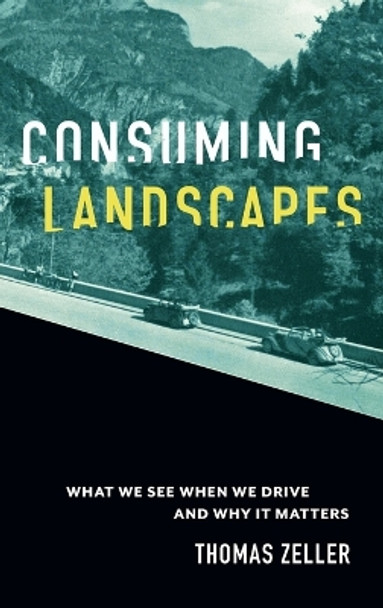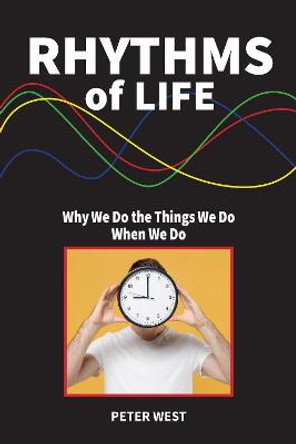Description
What we see through our windshields reflects ideas about our national identity, consumerism, and infrastructure.
For better or worse, windshields have become a major frame for viewing the nonhuman world. The view from the road is one of the main ways in which we experience our environments. These vistas are the result of deliberate historical forces, and humans have shaped them as they simultaneously sought to be transformed by them. In Consuming Landscapes, Thomas Zeller explores how what we see while driving reflects how we view our societies and ourselves, the role that consumerism plays in our infrastructure, and ideas about reshaping the environment in the twentieth century.
Zeller breaks new ground by comparing the driving experience and the history of landscaped roads in the United States and Germany, two major automotive countries. He focuses specifically on the Blue Ridge Parkway in the United States and the German Alpine Road as case studies. When the automobile was still young, an early twentieth-century group of designers-landscape architects, civil engineers, and planners-sought to build scenic infrastructures, or roads that would immerse drivers in the landscapes that they were traversing. As more Americans and Europeans owned cars and drove them, however, they became less interested in enchanted views; safety became more important than beauty.
Clashes between designers and drivers resulted in different visions of landscapes made for automobiles. As strange as it may seem to twenty-first-century readers, many professionals in the early twentieth century envisioned cars and roads, if properly managed, as saviors of the environment. Consuming Landscapes illustrates how the meaning of infrastructures changed as a result of use and consumption. Such changes indicate a deep ambivalence toward the automobile and roads, prompting the question: can cars and roads bring us closer to nature while deeply altering it at the same time?
What we see through our windshields reflects ideas about our national identity, consumerism, and infrastructure.
About the Author
Thomas Zeller (COLLEGE PARK, MD) is an associate professor in the Department of History at the University of Maryland, College Park. He is the author of Driving Germany: The Landscape of the German Autobahn, 1930-1970 and the coeditor of The World beyond the Windshield: Roads and Landscapes in the United States and Europe.
Reviews
Consuming Landscapes is an excellent, well-written and well-researched book that makes clear the centrality of roads to our lives and the history of how they got there.
-Journal of Historical Geography
Zeller's book is provocative, entertaining, and informative. . . . Any student of the history of road transportation in North America and Europe will not be disappointed if they spend a few hours with this book.
-Society for Commercial Archeology
In offering an entangled, comparative history of trans-Atlantic roadmindedness across the twentieth century, Thomas Zeller has artfully worked across disciplines and historiographical subfields to, as the book's subtitle promises, historicise 'what we see when we drive and why it matters'.
-Journal of Tourism History
A valuable contribution to the history of the constructed experience of driving.
-Technology and Culture
I have learnt hugely from this book, in particular the increasing involvement of promoters and, increasingly, environmentalists who had their scepticisms.
-John Dixon Hunt, Garden History
Book Information
ISBN 9781421444826
Author Thomas Zeller
Format Hardback
Page Count 264
Imprint Johns Hopkins University Press
Publisher Johns Hopkins University Press
Weight(grams) 544g
Dimensions(mm) 229mm * 152mm * 22mm







